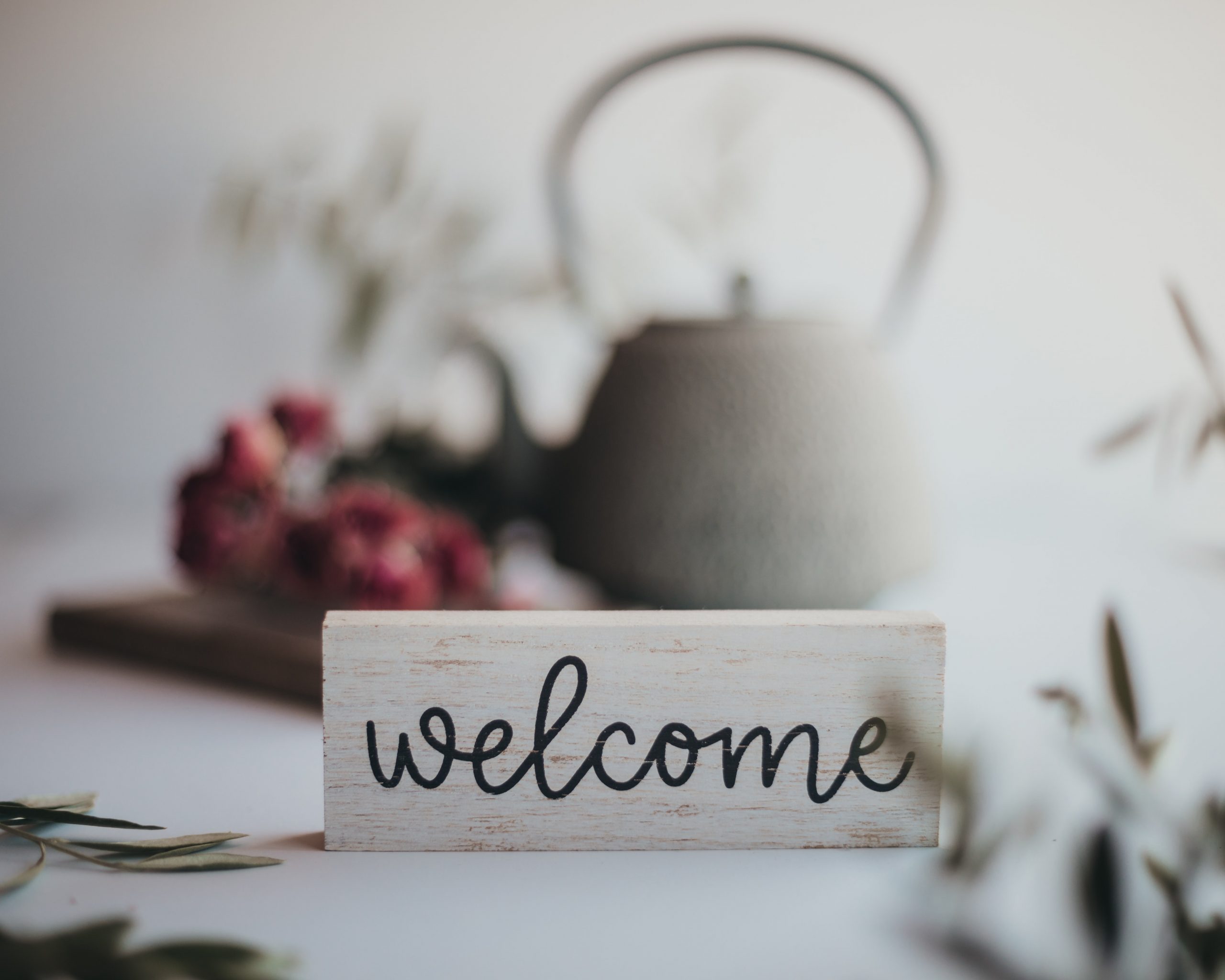This week I’m really excited to welcome a new guest to the blog! Savannah Cordova is here to share some top tips for when writer’s block strikes! Read on if you need a little bit of help getting over a sticky bit in your writing.
10 Tips to Help You Get Past Writer’s Block
Sometimes it seems to come out of nowhere — that overwhelming feeling that your story just isn’t working. The (sort-of) reassuring thing is that we’ve all been there: whether you’re a novelist or a poet, an academic or a blogger, or any kind of frequent writer, you’ll likely be familiar with this frightful phenomenon.
Of course, if you write for a living, you can’t just quit writing for days or weeks at a time. And even if you’re a casual writer, it’s terribly frustrating and discouraging to feel like you can’t get anything done! That’s why I’m here to offer a ray of hope: here are the 10 activities that I find most helpful when I’ve hit a brick wall with my writing.
1. Declutter your writing environment
I’ve put this at the top of the list because it’s the one that I personally find the easiest. Remove everything from your desk, empty your drawers, throw away any trash, and wipe the surface clean. Then restore it with only what you need in order to write.
Other than writing materials and a glass of water, I prefer a completely clear desk to keep me focused. Some people might find it nice to have a few fresh ornaments, like a plant or a photo frame. Regardless of how you choose to organize your space, you may find that the act of tidying and giving yourself a literal clean slate could be just what you need to find your flow again.
2. Go for a walk
Another simple activity that might do the trick is walking around. If you’re like me and have a tendency to sit and write for hours on end, without taking a real break, then some time away could do you a world of good.
Also remember that inspiration can come from anywhere! Not only will the fresh air give you some much-needed headspace to think more clearly, but you might even experience something while you’re out — like something in nature, an unusual landmark, or an overheard conversation — that sparks your imagination and enlivens your writer self.
3. Read for inspiration
Reading books, short stories, even essays and articles to keep you inspired is so important when you’re writing yourself. When you’re really stuck, think: who motivates you to write in the first place? They could be a favorite childhood author or the author of the last book you read. You don’t even need to stick to your genre; a diverse library will allow you to encounter more ideas and characters who could ignite your next aha! moment.
4. Call a friend
If you’re struggling to work through your perfectionism, hearing some kind words from a friend or loved one could be the key to unlocking your writing. Writing can be such a solitary exercise — it’s only natural that sometimes we crave a little validation from others around us.
They don’t even have to read your work yet, if you’re self-conscious about sharing it with others. So long as they’re someone you trust and who believes in you, they can give you some words of encouragement to help get you writing again. Not to mention they’ll keep you accountable just by being there, as they can see when you’re procrastinating on social media instead of genuinely attempting to write.
5. Talk to other writers
If your friends can’t give you the advice you’re looking for, or if you just need a little extra boost, talking to other writers can be extremely beneficial. There are tons of online writer groups on Reddit and Twitter that you can join if you haven’t found your circle yet, or you could try out some creative writing classes. Not only is this a great way to meet like-minded people, but you’ll also be taught by experts who will know exactly what you need to do to get out of a rut!
6. Practice another creative hobby
Sometimes it’s best to take a step back from the task at hand and focus on something entirely different. Completing a different creative project is a great way to let your writing brain rest while still keeping those creative juices flowing.
For example, when on a break from my own writing, I like to draw or paint while listening to some of my favorite music. It takes me straight back to childhood and makes me feel so happy and carefree — the perfect antidote for when I’ve been feeling stressed or unproductive.
7. Try creative writing prompts
Writer’s block can last quite a while, so don’t worry if it seems like you’ve tried everything and are still struggling. You might have noticed that so far, all my tips have involved taking a break from your writing… but you can’t just put it off forever. After all, you’re not going to get past writer’s block without actually writing!
A nice way to ease yourself back in is through writing prompts — you can start immediately, without having to think of a topic. Knowing that what you write won’t factor into your final project might also help reduce any fears or worries over external (or internal) criticism.
8. Develop one of your characters
When you’re ready to get back to your main project, but might feel somewhat intimidated after taking a break, developing one of your minor characters or experimenting with a different point of view is a great jumping-off point.
Indeed, even if you haven’t taken a break, the perspective of a largely unexplored character is often a useful angle to work with. Developing their character can mean anything from a quick dialogue exercise to a super-detailed backstory. You don’t have to use the material in your final draft; this is just a good way to re-immerse yourself in your story and get excited about it again!
9. Try writing in a different style
Similarly, you can take a character or event from your story and write about it in a different style. For instance, what about writing a short story to preface your novel? Or if you normally write in prose, you could try your hand at poetry, or an epistolary exercise of writing letters between two of your characters. You never know; you might fall in love with a new style or create something that blends with your WIP, but also makes it really stand out from the crowd.
10. Don’t wait for inspiration to strike!
If you take one thing away from this post, I hope it’s this: sitting and waiting for inspiration to strike isn’t going to rid you of your writer’s block. It’s completely normal to struggle with motivation and feel stuck for ideas, but that doesn’t mean that you can’t do anything about it!
Hearing someone tell you to “just write” when it feels like the most difficult thing in the world is usually not what you need either, so hopefully these tips have given you some practical advice to get your mojo back and finish that first draft. Best of luck!

Savannah Cordova is a writer with Reedsy, a marketplace that connects self-publishing authors with the world’s best editors, designers, and marketers. In her spare time, Savannah enjoys reading contemporary fiction and writing short stories.
